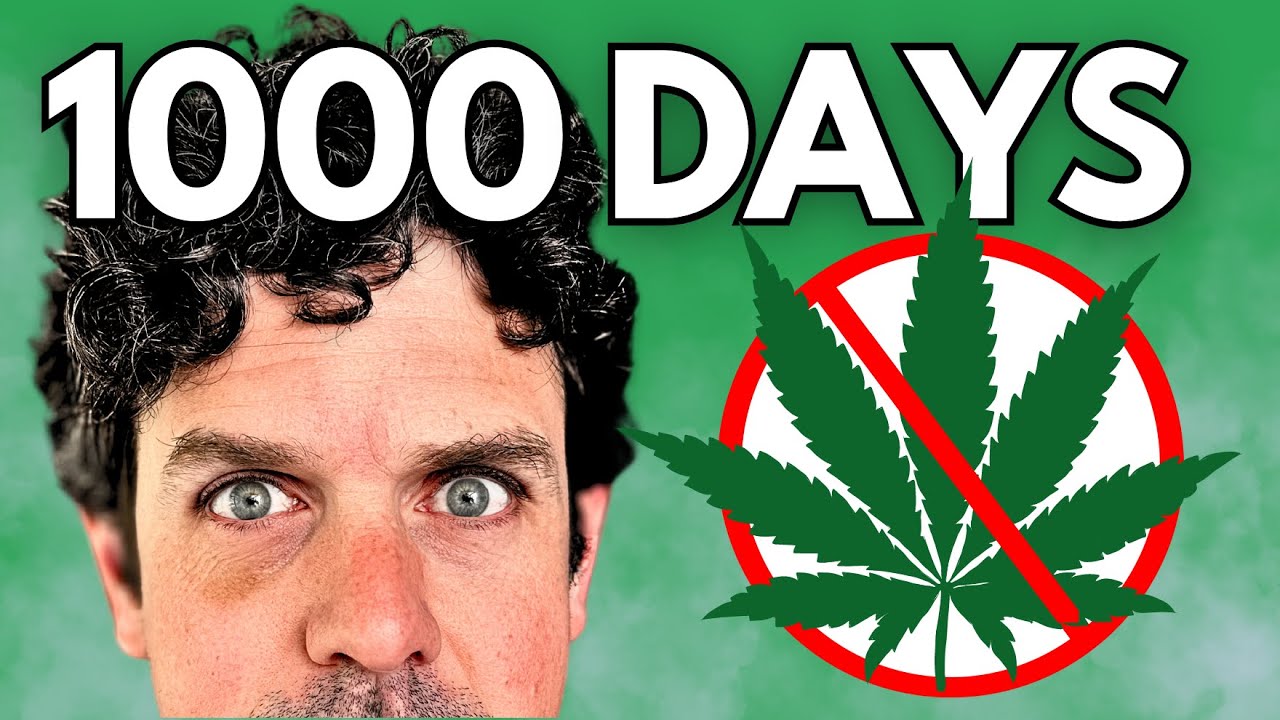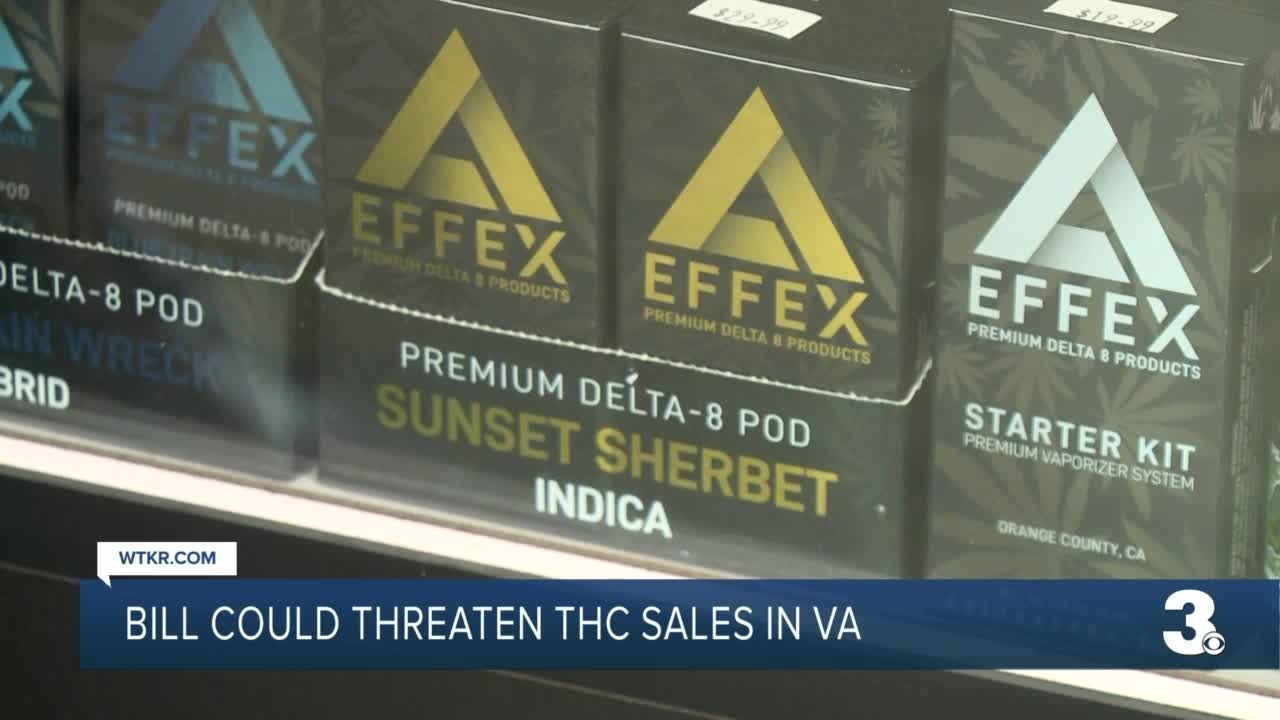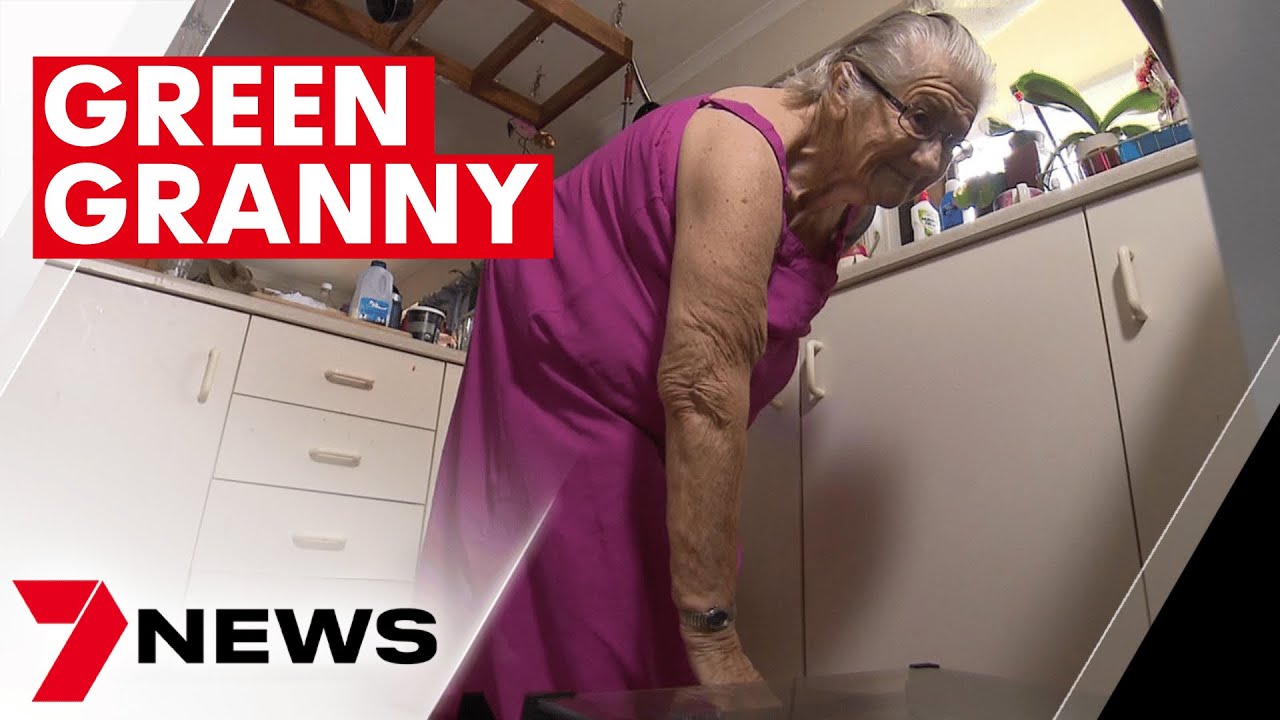This week on the Hemp Podcast, Lancaster Farming talks with Maciej Kowalski, founder and CEO of Kombinat Konopny, a hemp company based in Elbląg, a Polish city on the Baltic Sea.
Kombinat Konopny is a vertically integrated hemp operator working both in the herbal and fiber division.
Kowalski said the company takes a no-nonsense approach to floral production and extraction.
“Which means basically we are not doing extraction, because nature does it best,” he said.
Instead of a complicated chemical extraction process, “we just mix hemp biomass with olive oil and then press it mechanically,” he said.
“No distillation, no extraction, no messing with the natural ratios of the cannabinoids. Whatever is in the plant goes into the oil,” Kowalski said, noting that this model runs counter to the mainstream floral hemp industry’s fixation on hemp derived intoxicants like Delta-8 THC.
“I don’t mess with nature. I just put it in a bottle,” Kowalski said.
A separate division of Kombinat Konopny is focused on hemp fiber.
“I’ve been working with hemp flower for more than 10 years now, and hemp stalk has always been an enemy,” he said. “It was something that ropes around all the bits and pieces. So like five, six years ago, I decided to try to somehow work with it, not against it.”
Since then Kowalski has built a vertically integrated hemp textile company.
“We are growing hemp. We are harvesting hemp. We are decorticating hemp,” he said.
“Then we are refining the fiber, we spin it into yarn, and we actually make the products out of it,” Kowalski said. “So it’s a full value chain.”
Before getting into hemp, Kowalski was working as a journalist and was trying to write a story about a Catch-22 in Polish hemp law.
“In order to grow hemp, you need to be registered in a registry of hemp growers,” he said. But the registry did not exist.
He wanted to write an article that asked some basic questions: “How can you say that I’m in the registry, if there is no registry, but you cannot grow if you’re not in the registry?”
He applied for the registry, knowing his application would be rejected because there was no registry.
But much to his surprise (and to the detriment of his career in investigative journalism), “some wise person from the ministry said, ‘Well, the country cannot expect from a citizen to fulfill something that is not possible.’”
In 2014, Maciej Kowalski was granted the first private license issued for hemp in Poland.
“I wanted to show that it is not possible, but I actually proved that it is possible, so maybe I should start doing it,” he said.
From there he built a successful CBD business, which was bought by a Canadian company in 2018, but the sale came with a non-compete clause, so Kowalski was unable to work with CBD for two years.
“So imagine 2018,” he said. “I’ve got quite a lot of money to invest. I got quite a lot of willpower and knowledge, but I cannot be working with CBDs. So that’s how I got into fiber.”
Also in this interview we discuss winter retting, feral hemp, and how Kowalski took a case to the Polish Supreme Court to prove that hemp does not fall under the EU’s novel food regulations.
Listen here:
Kombinat Konopny
Maciej on LinkedIn
https://www.linkedin.com/in/maciejkowalskihemp/
What’s up with European Novel Foods?
https://food.ec.europa.eu/safety/novel-food_en
Thanks to our Sponsors!
IND HEMP
National Hemp Association
https://nationalhempassociation.org/
King’s Agriseeds



